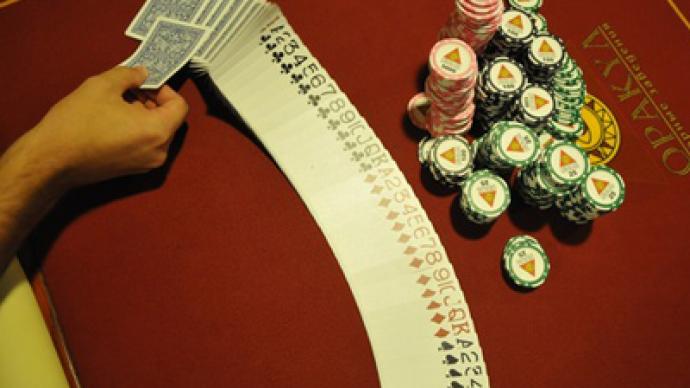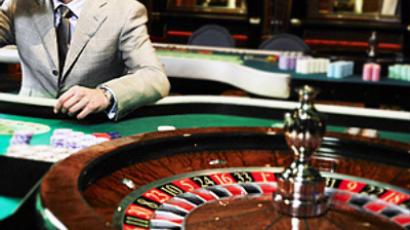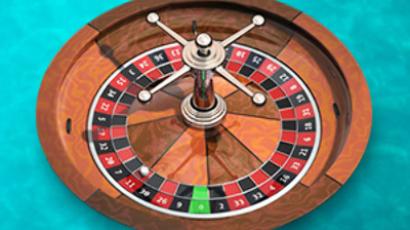Russia’s casinos to shift closer to tourist destinations

The isolated locations of the four Russian gambling zones have led to their failure to live up to expectations, and the gambling industry has gone underground, after a ban on casinos was introduced one-and-a-half years ago.
The initial idea – to put the gambling zones away from residential areas – simply has not worked. It takes several hours to get from the nearest airport to casinos in Southern Russia, and that gambling zone still does not look like the gamblers' paradise. The distance, according to regional authorities, has almost killed the whole idea.“Transportation is the key factor,” says Krasnodar Deputy Governor Aleksey Agafonov. “Today we have a steady flow of gamblers coming to this casino, enough to make the project worthwhile, but that's not the zone's full capacity.”Last month Russian President Medvedev approved a law relocating the only functioning gambling zone in the Russian South closer to tourist destinations.The city of Anapa on the Black Sea coast may very well become the new, and hopefully more successful, version of the Russian Vegas.In the wintertime, the place looks a bit depressing, but Anapa's Deputy Mayor Andrey Koftun is certain that the city does have a potential for developing gambling industry.“The village of Blagoveshchenskaya, with its 1,000-hectare vacant land lot, is just five minutes away from the airport,” Andrey Koftun says. “There's also a railway line and a highway passing through Anapa. For our resort, hosting the gambling project is a good opportunity to make Anapa accessible year-round. Up until now, we've only been able to fill the hotels from May to October, but with casinos the season will stretch up to 12 months.”Fields have been prepared for a large-scale construction by a peninsula with yellow sandy beaches that attract thousands.The future Golden Sands gambling zone will also include a Russian-style theme park, hotels, shopping malls and restaurants.Authorities admit, however, that the new zone will be worthless, just like the old one, unless the illegal casinos disappear.And that may require more legislative work to stop casinos from operating where they should not be.“We have come up with a proposal to introduce stricter punishment for the organizers of the underground gambling dens,” Aleksey Agafonov says. “So far, almost 100 per cent of those individuals have been able to avoid serious punishment by disguising their businesses as lottery clubs, or Internet cafes.”Although there is still no deadline, and the Golden Sands project is in its early stages, the region's authorities are optimistic.They are certain that it will take less than three years to build new gamblers' paradise on the Black Sea coast.














